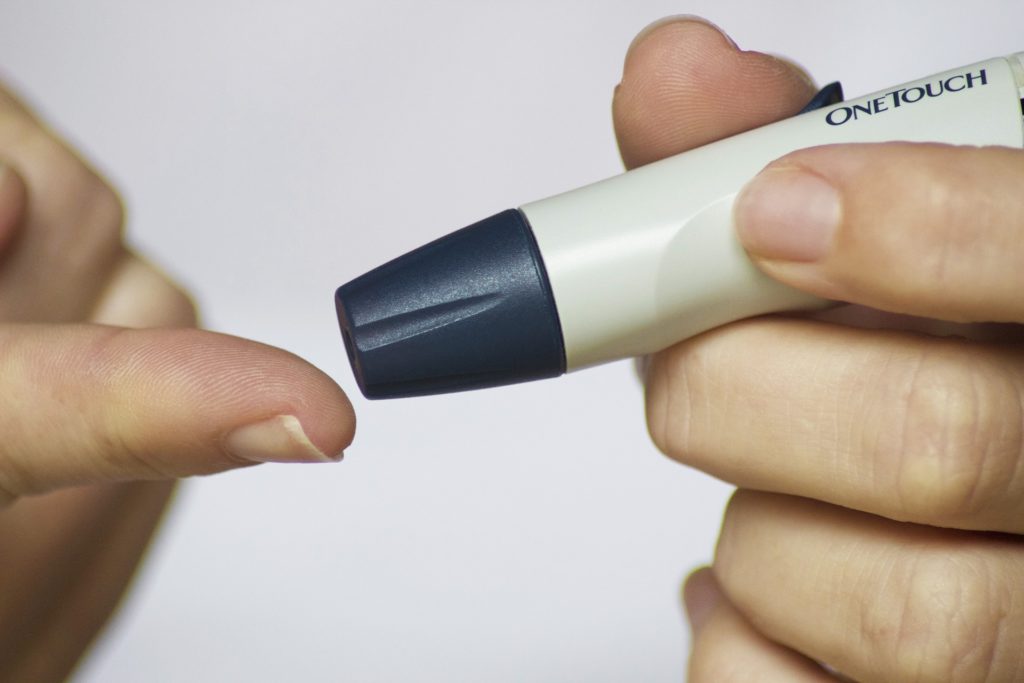
The problem and promise of diabetes
by: Yvonne Mullan, advanced practice dietitian and Dr. Hertzel Gerstein, endocrinologist
Why do people get diabetes?
Many believe people develop type 2 diabetes solely because they have made the wrong diet and lifestyle choices. That isn’t true.
Type 2 diabetes currently affects about one in nine people over age 20 in Hamilton and about one in five people over age 75. It is now the most common chronic disease in Canada and causes many serious health problems that can reduce the length and quality of someone’s life. But we still don’t fully understand why some people get diabetes and others don’t.
Here’s what we do know:
• The tendency to get type 2 diabetes is inherited. People with a father, mother, brother or sister with diabetes are much more likely to get it than people with no affected relatives.
• Lifestyle and environment affect whether someone who is susceptible to diabetes ends up getting it.
• A number of things contribute to those lifestyle and environmental factors including how easily we can access physical activity, the variety, portion size and affordability of food in our area, how much sleep we get, and whether we live in poverty.
Some of these risk factors are difficult to control, and unfortunately, many are connected to socioeconomic status.
So you’re at risk. What now?
Luckily, there are simple tests that can let people know whether they’re at high risk for diabetes. With that knowledge in hand, we can help people reduce their risk.
Modifying your diet, increasing your physical activity, improving your mental health and taking the right medications can reduce the negative effects of diabetes.
Making moderate changes to diet and increasing physical activity is a good place to start prevention. There are also a variety of medications that can lower your chances of getting diabetes.
It takes a village
The benefits of these lifestyle changes and medications aren’t limited to prevention. Modifying your diet, increasing your physical activity, improving your mental health and taking the right medications can reduce the negative effects of diabetes. The Boris Clinic Diabetes Care and Research Program at Hamilton Health Sciences takes a interdisciplinary approach to treating diabetes because we know that people have better outcomes when they tackle all aspects of the disease. Anyone with diabetes can refer themselves to the program.
The more we know about diabetes, the better we can treat it, both on a personal and global level. In the Program, we’re working hard to study the causes of diabetes and the effectiveness of different treatment approaches. On a personal level, you can empower yourself by identifying your risk for diabetes and learning about different ways to prevent or manage it.
We can all play a hand in defeating diabetes.
